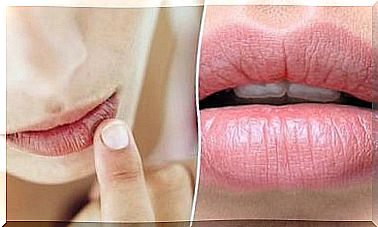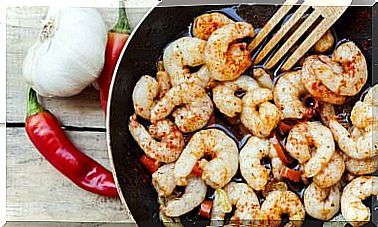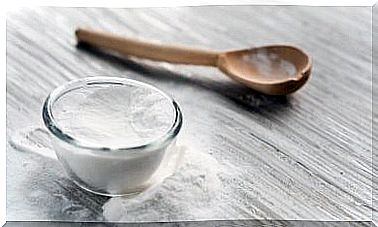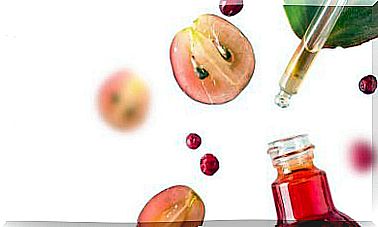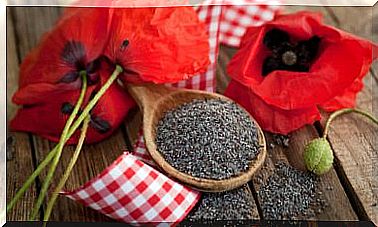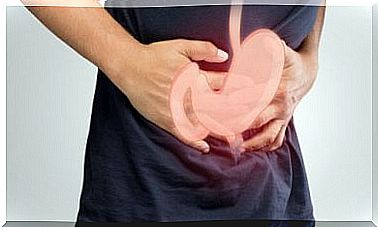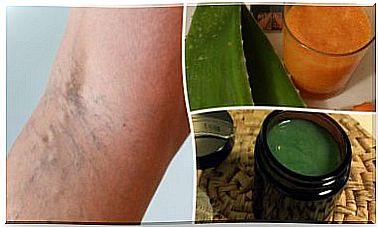Vitamins And Minerals That Fight Depression
Depressive states are often difficult to treat when they become chronic or when the person has been taking medication for a long time. That is why it is so important to intervene as soon as possible to prevent sadness, anxiety or discouragement from becoming persistent and ending up permeating the day-to-day of the affected person.
However, we must not wait for the situation to get out of hand to start good habits and strategies that help us feel better. Taking care of ourselves both physically and mentally should be one of our priorities, even a complement to the therapy or treatment we are receiving.
On the other hand, there are many theories about the etiology of depression. For example, it is known to be influenced by social, environmental, psychological, genetic, hormonal, immunological, and biochemical factors. And although some of these factors are considered immutable, there are others in which we can intervene, such as those related to lifestyle, for example, diet and nutrition.
In this article we explain what are some of the vitamins and minerals that influence our brain health and therefore, our well-being with the aim that you can feel better.

Vitamin C
According to this study carried out by the University of Otago (New Zealand), vitamin C is essential for a strong immune system. However, it also has a very important function on the nervous system, since its deficiency can cause a feeling of fatigue and sadness, as suggested by this study also carried out by the same University. If it is a punctual absence, it will not cause us significant damage, but if it is chronic and other factors are added, it could affect our mood.
It is also advisable to take vitamin C when we are undergoing significant physical and mental stress, as it will help prevent oxidation that causes the body and will positively include negative moods.
The best option to consume vitamin C is citrus. As long as they are organic, we can also consume their peeling, which has even more properties.
Other foods rich in vitamin C:
- Guava.
- Currant.
- Kiwi.
- Raspberry.
- Raw red pepper.
- Broccoli.
- Spinach.
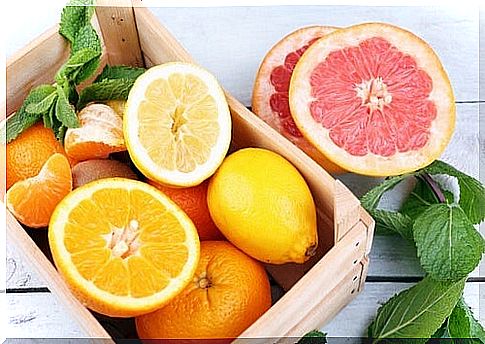
Vitamin B6
Vitamin B6 or pyridoxine is involved in controlling symptoms such as anxiety or depression. In fact, it helps our body to process amino acids, being essential for the functioning of enzymes and necessary for the production of certain hormones and neurotransmitters such as serotonin, melatonin and dopamine.
It is believed that its deficiency causes significant irritability, while taking it again could be noticed with some rapidity as it enhances a good mood.
This is stated in this study carried out by the Southwest College of Naturopathic Medicine and Health Sciences in Phoenix (United States).
Vitamin B6 is found in the following foods:
- Chicken.
- Fish.
- Banana.
- Potato.
- Bean.
- Whole grains.
The healthiest way to get the necessary amount of B6 every day can be to accompany your meals with a little brown rice or oatmeal as a substitute for bread.
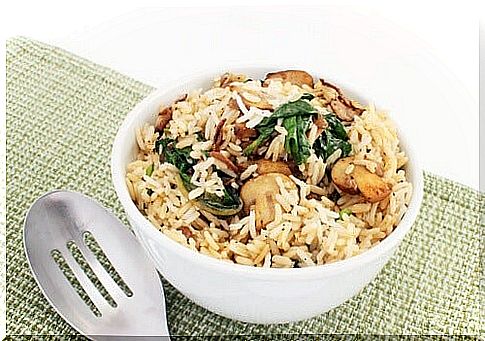
Folic acid
This study carried out by the National University of Colombia has highlighted the relationship between people who suffer from depression and a deficiency of vitamin B9, also known as folic acid. According to this information, low levels of this vitamin can cause a decrease in the production of serotonin, a key neurotransmitter for balancing our mood.
These data confirm the importance of this nutrient to also combat states of melancholy and sadness, which can lead to more serious disorders if not treated properly.
Foods rich in folic acid:
- Beef, chicken and turkey liver.
- Green leafy vegetables.
- Whole grains.
- Asparagus.
- Melon.
- Avocado.
- Orange.
- Banana.
Zinc
In recent years it has been discovered that zinc is a key element in the neurotransmission of the nervous system, as well as that its deficiency can be associated with various depressive problems. In the same way, this study from the Creedmoor Psychiatric Center in New York ensures that zinc is an important ally in treating people who also suffer from psychosis.
Some symptoms of zinc deficiency are poor appetite, hair loss, and ease of getting sick.
Foods rich in zinc:
- Shellfish
- Fish.
- Meat.
- Walnuts.
- Pumpkin seeds.
- Sesame.
- Wheat germ.
- Whole grains.

Magnesium
Magnesium is essential for good physical and mental health. It is a regulator of the nervous system that prevents, according to this study by the University of Granada, multiple neurological, gastrointestinal, muscular and cardiovascular conditions.
However, today’s diet is very poor in this mineral due to current farming systems, so that most of us consume magnesium levels that are far below what our body needs.
Foods rich in magnesium:
- Mollusks.
- Milk and cheese
- Shellfish
- Caviar.
- Red meat.
- Pumpkin seeds.
- Amaranth.
- Quinoa.
- Green leafy vegetables.
- Prickly pear.
As we can see, we can incorporate into our diet a wide variety of foods that help improve our mood. However, it is advisable to go to a specialized professional to tell us what steps to follow to combat depression as well as which foods are most beneficial for us, taking into account our situation.

